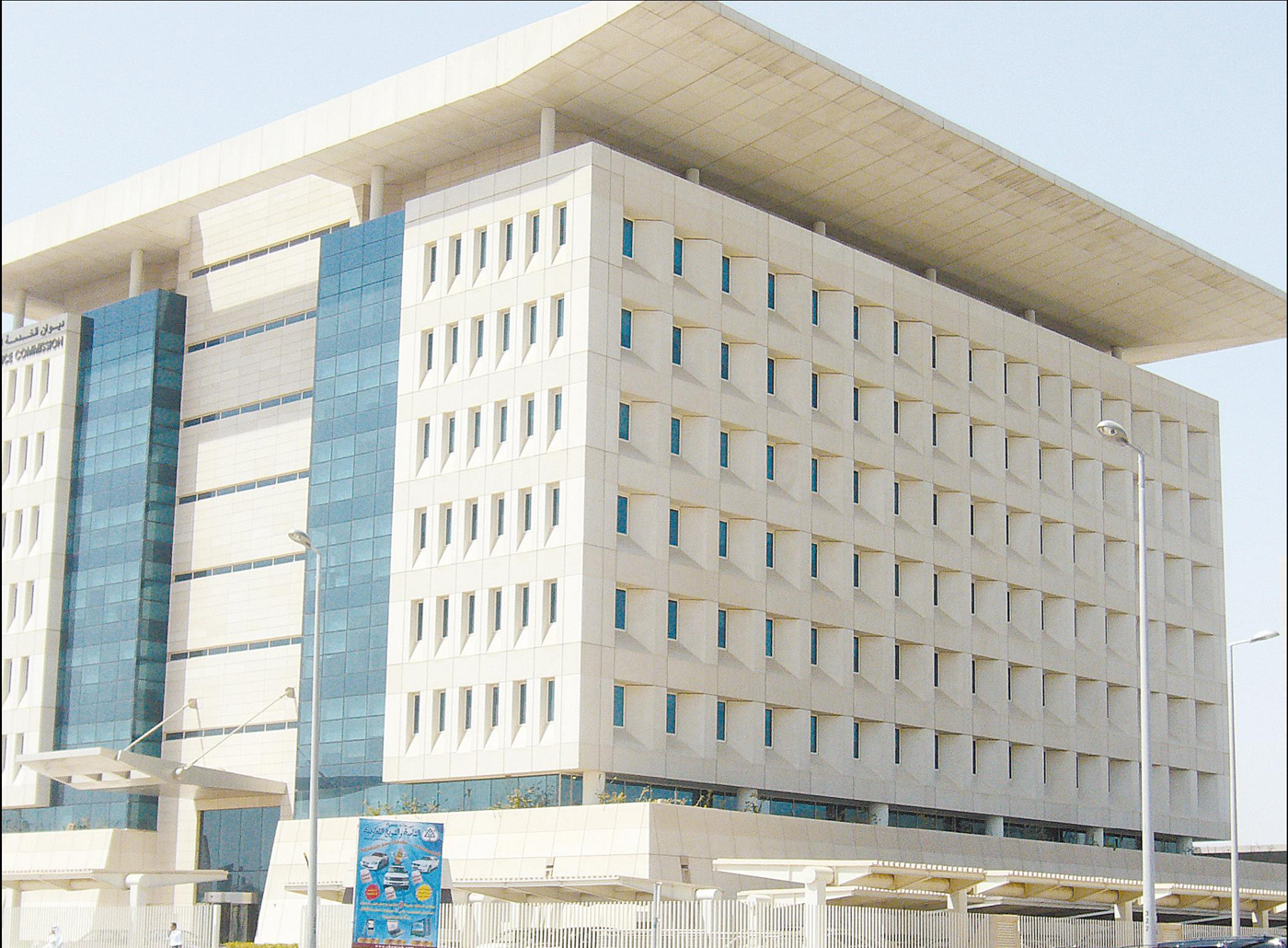KUWAIT: The Civil Service Commission explained yesterday that it has not increased working hours at government offices following rumors on social media that working hours had been increased. “Irrespective of whether it is summer or winter, all government employees are required to work seven hours per day,” the CSC said in a statement. “As per a CSC law established in 2006, employees get 30 minutes of leeway on arrival, while women are allowed to leave 15 minutes early given the pressure of family obligations.” It added that workplaces of unconventional nature should determine their work hours in coordination with the CSC. MP Riyadh Al-Adasani also said Minister of State for Cabinet Affairs Anas Al-Saleh, who heads the CSC, assured him the working hours remain unchanged.
The CSC had earlier issued a directive on working hours in government bodies, noting that the total daily working hours are seven from Sundays to Thursdays, ie from 7:30 am to 2:30 pm for some employees and 8:00 am to 3:00 pm for others in most government institutions. But many social media users rejected the directive and posted several tweets against what they described as “CSC’s increase of the total number of working hours” without any consideration for traffic jams. On the other hand, several users hailed the decision, noting that it would help increase employees’ productivity.
The head of the employees’ syndicate at the Public Authority for Housing Welfare Abdulrahman Al-Ghanem rejected the CSC decision, noting that in view of the rising heat and traffic congestions, CSC should reduce working hours instead of increasing them. “CSC has been fighting Kuwaiti employees by such unstudied decisions suggested by expat advisors,” he charged, wondering if Kuwaiti employees deserve such treatment without consideration to the fact that some have to drive their children to school.
Meanwhile, a decision by the education ministry that all students sent abroad on scholarships must pass the English language IELTS test has triggered controversy among lawmakers, who are divided on the decision. Several MPs vowed to question the education minister over the decision, saying it lacks equality in the society between students who went to public schools and those who studied at English-language private schools.
MP Khaled Al-Otaibi wondered yesterday how the ministry can make the test obligatory for students and even demanded certain passing percentages before these students take up language courses. The lawmaker demanded scrapping the decision immediately and warned that it will lead to a major political crisis because it lacks the basic principles of justice and equality, adding that the decision will simply deprive public schools students of their right to study abroad. Otaibi said that such decisions are not implemented suddenly but over a long period of time to allow authorities to improve English language courses and provide intensive courses to those hoping to study abroad.
But pro-government MP Ahmad Al-Fadhl charged that lawmakers opposed to the decision are doing so for electoral purposes to satisfy their voters. Fadhl praised the decision and said it will improve the level of education, and regretted that 22 MPs including six with doctorate degrees have opposed the decision for election purposes.
In a related development, Minister of Social Affairs and Labor Hind Al-Sabeeh said yesterday that a number of new private sector companies have been referred to the public prosecution on charges of visa trading. The minister said that a number of court rulings had been issued against visa traders and some of the rulings have become final. She said that a decision setting new percentages for Kuwaiti employment in various private sector fields is ready and awaiting final approvals before being issued.
By B Izzak and Meshaal Al-Enezi











